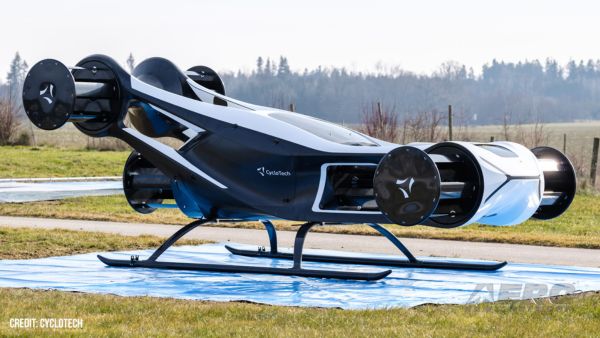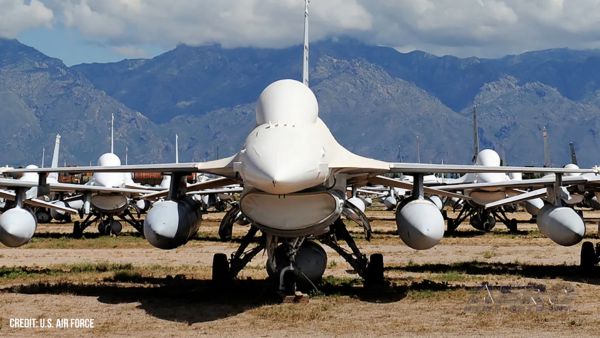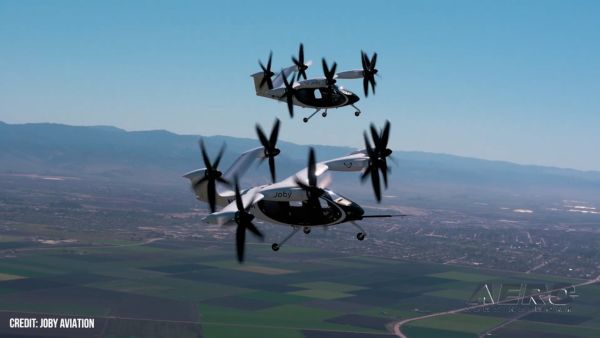Wed, Dec 09, 2009
It's A Different Kind Of Corporate Flying: Polar Scientific
Research
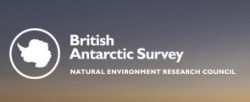 British Antarctic Survey (BAS) has achieved registration for
the International Standard for Business Aircraft Operations
(IS-BAO). Following a rigorous assessment by the International
Business Aviation Council (IBAC) accreditation was given in
recognition of its safe working practices and procedures when
working in the Antarctic's extreme environment.
British Antarctic Survey (BAS) has achieved registration for
the International Standard for Business Aircraft Operations
(IS-BAO). Following a rigorous assessment by the International
Business Aviation Council (IBAC) accreditation was given in
recognition of its safe working practices and procedures when
working in the Antarctic's extreme environment.
BAS's operating environment is naturally more hazardous than the
normal routine operations of a small corporate aviation unit. The
organization's four de Havilland Twin Otters (DHC6 - 300 series)
and the de Havilland Dash 7 (DHC7 - 110) are used in both
logistical support and as science platforms. For example, the
Dash 7 and one Twin Otter is used extensively for geophysical
surveys. Another of the Twin Otters has sensors fitted on the nose
and wings for studying cloud and weather conditions. Each of these
survey aircraft also have custom fitted large format camera hatches
for aerial photography and mapping purposes.
Iain Tulloch, lead Auditor at IBAC presented BAS with the
registration certificate and congratulated the operations team for
developing exceptional safety and environmental management systems
when working in such challenging conditions. "The success of this
audit was based on the co-operation and transparency of the
organization," he said. "I am extremely impressed with the mature
and comprehensive practical implementation of the safety management
system. Without a sound safety culture even the best systems do not
work, but it is clear that at all levels of the organization there
is a strong commitment to safety when working in the Polar
Regions." Joining the presentation were three BAS scientists who
gave a valuable insight in to the importance of aircraft supported
operations in their scientific fields.
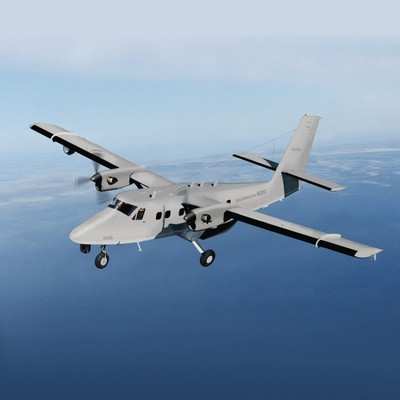
Twn Otter File Photo
BAS Director, Professor Nicholas Owens, welcomed Mr Tulloch's
comments and highlighted the importance of aviation to achieving
effective scientific research both in the Antarctic and the Arctic.
"The benefits of aviation to our work at BAS are countless. If we
had to rely on surface transport alone, there is no doubt that the
scientific research taking place in the Polar Regions would be less
comprehensive. Aviation has and will continue to make an important
contribution to vital scientific research in the Polar Regions, and
I am delighted to receive this important registration under the
International Business Aviation Council (IBAC)."
The International Civil Aviation Organization (ICAO) recently
changed the way in which larger and more complex aircraft should be
operated and governed throughout the world. This was reflected in
changes to the Air Navigation (Overseas Territories) Order that was
published in Jan 2008, and means that BAS works under a new
category with different regulations governing Corporate
Aviation.
More News
Have A Story That NEEDS To Be Featured On Aero-News? Here’s How To Submit A Story To Our Team Some of the greatest new stories ANN has ever covered have been submitted by our>[...]
Cleared For The Option ATC authorization for an aircraft to make a touch-and-go, low approach, missed approach, stop and go, or full stop landing at the discretion of the pilot. It>[...]
“...no entity, whether a division of government or a private company or corporation, may use information broadcast or collected by automatic dependent surveillance-broadcast >[...]
“While our traditional mechanical magnetos will be around for a long time, Hartzell Engine Tech acquired E-MAG to expand its PowerUP Ignition System product portfolio into bo>[...]
Flight Check A call-sign prefix used by FAA aircraft engaged in flight inspection/certification of navigational aids and flight procedures. The word “recorded” may be a>[...]
 ANN FAQ: Submit a News Story!
ANN FAQ: Submit a News Story! ANN's Daily Aero-Term (05.13.25): Cleared For The Option
ANN's Daily Aero-Term (05.13.25): Cleared For The Option Aero-News: Quote of the Day (05.13.25)
Aero-News: Quote of the Day (05.13.25) Aero-News: Quote of the Day (05.14.25)
Aero-News: Quote of the Day (05.14.25) ANN's Daily Aero-Term (05.14.25): Flight Check
ANN's Daily Aero-Term (05.14.25): Flight Check


